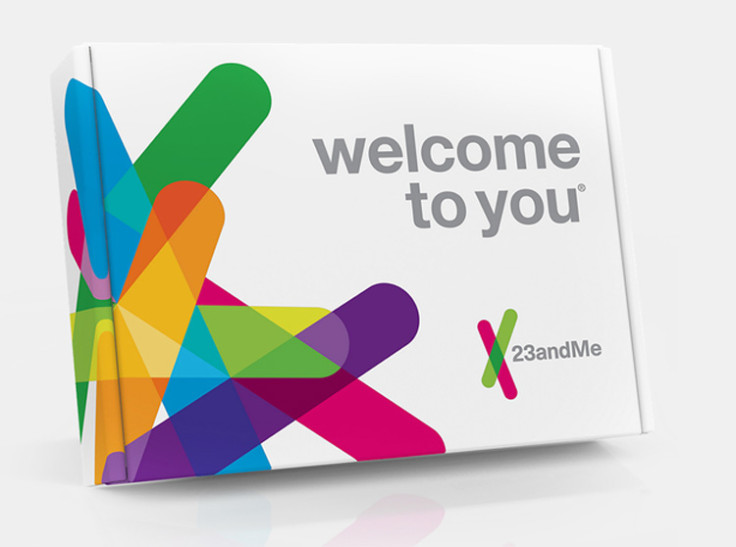Controversial Google-backed £125 DNA test for cancer reaches UK despite US health concerns

A controversial test that assesses a person's health risks by looking at their genetics to come to the UK, despite the fact that the test has been banned in the US.
California-based 23andMe is marketing a £125 mail-order DNA test that produces over 100 pieces of genetic information to help people to identify whether they might be at risk of developing diseases like cancer, Parkinson's or Alzheimer's, as well as hereditary conditions like cystic fibrosis and sickle cell anaemia.
The Personal Genome Service (PGS) test apparently also detects any underlying health conditions like blood clots, as well as how your body responds to medications and caffeine.
You can also use the test to discover your family's genetic roots from a full genetic ancestry report that can identify potential relatives if they too have taken the test.
All you have to do is spit into a test tube and send it back to the company. Your saliva is analysed on a genotyping chip by its labs and a detailed report is sent back to you between four to six weeks later.
PGS test banned by the FDA
Google has been investing millions of dollars into 23andMe since 2007, and the company was started by Anne Wojcicki, who is married to Sergey Brin, co-founder of Google.
However, the Food and Drugs Administration (FDA) briefly banned the test in the US while it was being marketed last year.
Although over 600,000 people have already taken the test, 23andMe is only allowed to disclose information related to ancestry and raw genetic data in the US.
The FDA continues to be "concerned about the public health consequences of inaccurate results from the PGS service" as it is not convinced that 23andMe has "analytically or clinically validated" its test to be able to prove any health risks it highlights.
The UK's Medicines and Healthcare Products Regulatory Agency (MHRA) says that only the testing kit product with the test tube is subject to regulation, but not the test carried out by the company to determine whether a person has health risks.
The MHRA said: "Products used in personal genome services are regulated by MHRA to meet minimum standards. The testing service itself is not subject to the regulations – only the products.
"Manufacturers of in-vitro diagnostic medical devices are required to register with the competent authority, in this case the Netherlands and Belgium, that their devices are safe and meet all of the relevant requirements of the regulations including having evidence to support their performance claims.
"Following the launch of the medical device 23andMe, we have asked the company to implement an enhanced vigilance system in order to further monitor the safety and performance of the product whilst on the UK market."
Does the test fulfil safety standards in the UK?

The MHRA has advised that the PGS test be used with caution, and that consumers remember that "no test is 100% reliable".
According to the MHRA, regulations relating to the accuracy and clinical validity of the GPS test are managed by the UK Department of Health (DOH).
In a statement to the Independent, the DOH said: "This government is developing the use of genomics for patient care within the NHS.
"We welcome initiatives that help to raise awareness of genomics and those which enable people to take more interest in their personal health, but we urge people to think carefully before using private genomic services as no test is 100% reliable."
IBTimes UK has contacted the government agency to clarify whether the test fulfils clinical and accuracy standards, since the kit itself is not a diagnosis tool, but the Personal Genome Service test and the results it gives do relate to medical diagnosis.
© Copyright IBTimes 2024. All rights reserved.






